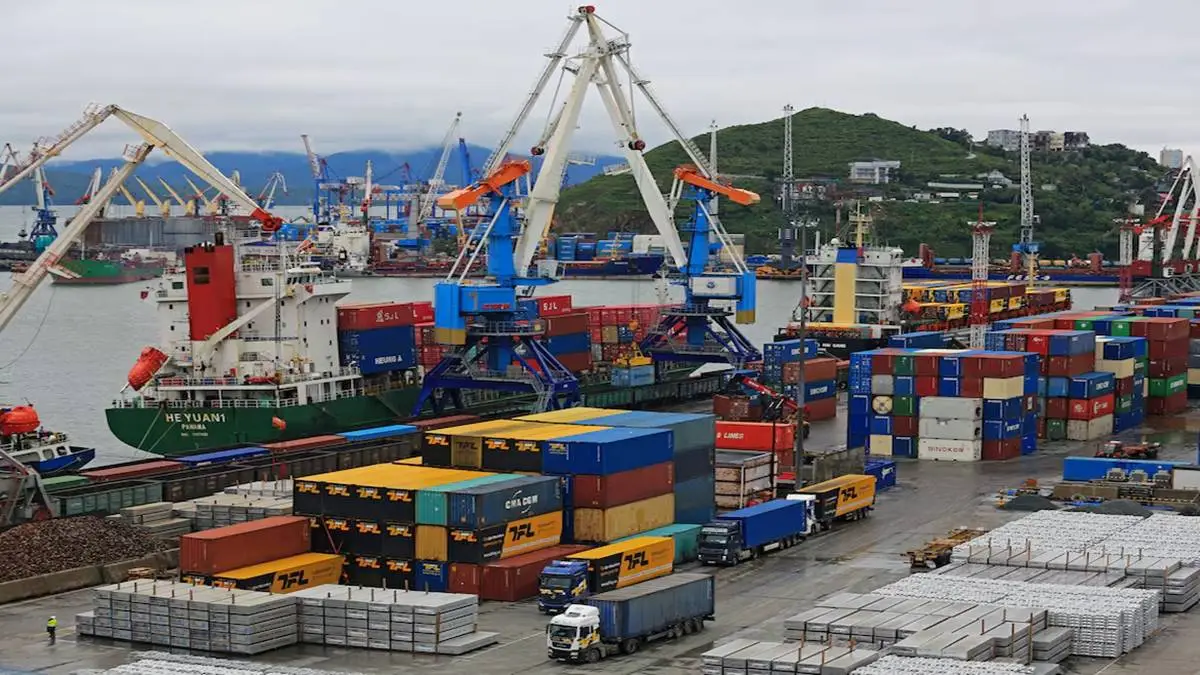In a new report released jointly by DHL and New York University’s Stern School of Business, globalisation has reached unprecedented heights, defying various global challenges such as the Covid-19 pandemic, geopolitical tensions, and trade conflicts.
The “New DHL Global Connectedness Report 2024” indicates that globalisation hit a record high in 2022 and sustained its momentum in 2023, despite the turmoil experienced globally over the past decade. The report underscores that the share of global output traded internationally returned to a record level in 2022, and while there was a slowdown in trade growth in 2023, it is forecasted to accelerate in 2024.
The report tracks the movement of trade, capital, information, and people across 181 countries and territories, providing insights into the globalisation trends. Notably, it highlights a surge in the globalisation of information flows over the past two decades, although recent data indicate a slowdown in their growth due to decreased research collaboration between the US and China.
Corporate globalisation is on the rise, with companies expanding their international presence and generating increased sales abroad, according to the report.
John Pearson, CEO of DHL Express, emphasized the transformative impact of globalisation, stating that expanding markets and fostering opportunities empower individuals, businesses, and entire nations to flourish.
Singapore and the Netherlands emerged as among the top most globalised countries, with 143 nations experiencing increased global connectedness while only 38 saw declines.
The report also delves into the changing dynamics of international relations, noting a decrease in US-China ties since 2016, while highlighting the continued significance of their connection. Meanwhile, Russia and Europe have seen a decoupling, resulting in a substantial drop in Russia’s connectedness.
Despite geopolitical threats and policy shifts, the report suggests that predictions of a global shift from globalisation to regionalisation have not materialized in patterns of international flows. Most international flows continue to occur over stable or longer distances, with only North America showing a clear shift towards more regionalised trade patterns.
Steven Altman, Senior Research Scholar at NYU Stern’s Center for the Future of Management, emphasized the resilience of global flows, cautioning against a narrow focus on the threats to globalisation, which could inadvertently trigger deglobalisation.
The report concludes that while deglobalisation remains a risk, international flows continue to grow, underscoring the enduring strength of globalisation in today’s interconnected world.
Also Read: Lok Sabha Election 2024 Live Updates: Panneerselvam, Dhinakaran Hold Seat-Sharing Talks with BJP
